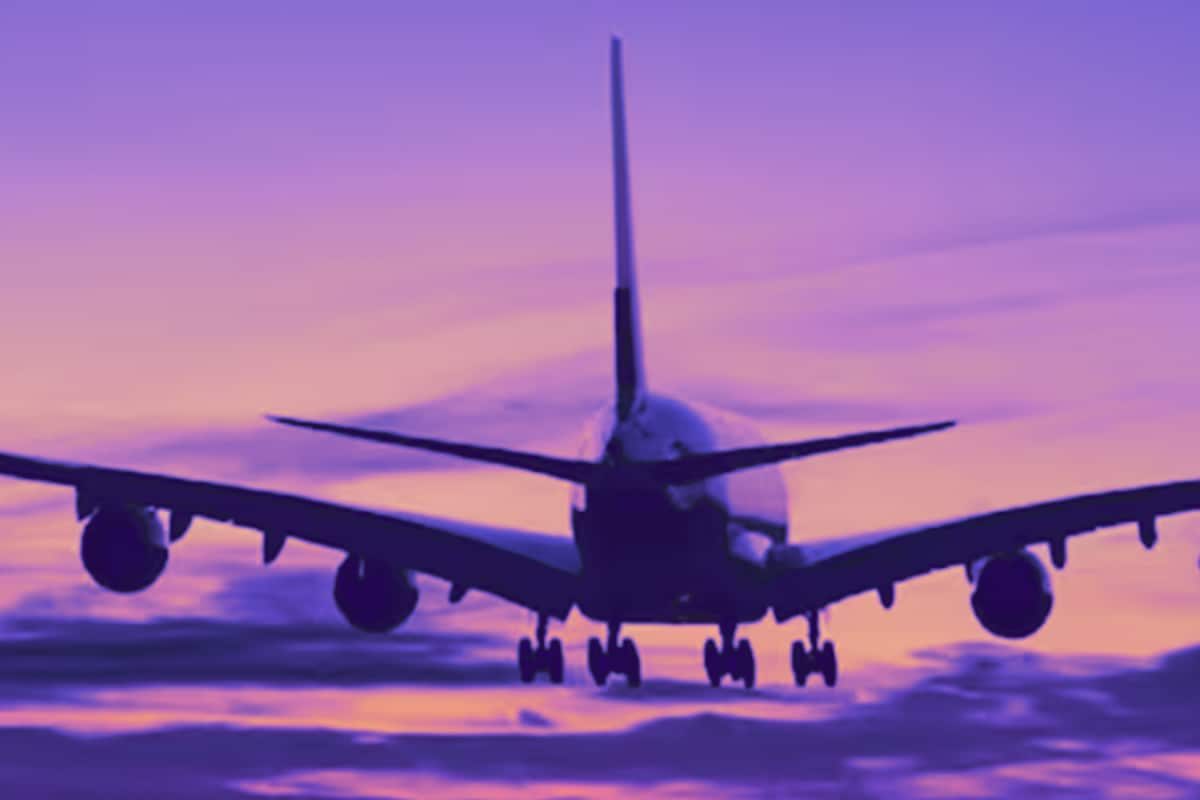The One Big Beautiful Bill Leaves Travelers With Heavier Wallet Load
International International NewsPosted by AI on 2025-09-06 13:55:22 | Last Updated by AI on 2025-09-06 16:48:58
Share: Facebook | Twitter | Whatsapp | Linkedin Visits: 0

Trump's new regulations mean US entry fees will rise, leaving many tourists and researchers saddled with these heavier costs.
Rising entry costs to the United States are leaving travelers whether they're coming for business, pleasure, or research with a less welcoming fiscal welcome mat at borders. Under the Trump administration's "One Big Beautiful Bill" policy, the Electronic System for Travel Authorization (ESTA) fees are set to double from the current $14 to $40. The new system would also introduce fees for Land Border Crossing Cards and visas for Chinese citizens. The US Travel Association has estimated the new fees would affect nearly 15,000 flights and another 16,000 cruise ship voyages, saddling travelers with upwards of $300 million in additional fees annually.
This comes at a time when many US embassies and consulates have been slowly inching up their fees in recent years, with some destinations now charging as much as $500 for visa applications. Previous waivers for some nationalities to enter the US under the ESTA program have also been scaled back.
The kicker comes amid a ongoing congressional debate over whether to raise fees for visa applicants from Mexico and Canada as a way to pay for President Trump's border wall. While Congress has so far resisted those measures, the Trump administration has found a way to significantly increase travel costs for many visitors. Whether traveling for business or research, tourists would be well advised to factor in these additional costs when planning their trips or academic journeys.
The new fees are expected to go into effect in the coming weeks, so anyone currently planning a trip to the US may want to consider applying for their ESTA authorization before the price hike.
Quoted: "The fees are going up for everyone, and that's regressive, but then they're also going up disproportionately for some people compared to others, and that's discriminatory," said David Landau, a lawyer who specializes in federal litigation involving travel and the travel industry, speaking to CNN.
Search
Categories
- Sports
- Business
- National
- Investments
- History
- Politics
- International
- Science & Technology
- Social Issues
- Disaster Management
- Current Affairs
- Events & Jobs
- మన పార్టీ
- మన నాయకత్వం
- మన విజయాలు
- డౌన్లోడ్స్
- మీడియా వనరులు
- కార్యకర్తలు
- రాజకీయం
- బిజినెస్
- సంపాదకీయం
- నవ్య
- చిత్ర జ్యోతి
- క్రీడలు
- జాతీయం
- తెలంగాణ
- తాజా వార్తలు
- Fast Check
- South
- Gallery
- Sunday Chronicle
- Hyderabad Chronicle
- Technology & Innovation
- Innovations and Initiatives
- బిజినెస్
- North East Skill Center News
- Government Schemes
- Entrepreneurship Support
- Employment Opportunities
- Skill Training Programs
- Education
- Startup Business
- Startup News
- Awards
- Community Services
- Fundraising Events
- Volunteer Services
- Health Initiatives
- సినిమా
- లైఫ్ స్టైల్
- క్రైం
- ట్రెండింగ్
- జాబ్స్
- అంతర్జాతీయo
- Market Buzz
- Banners
- Awards
- Partners
- Products
- Press Releases
- News
- Departments
- Initiatives
- Resources
- Telangana IT Parks
- Press Releases
- News
- Airport News
- Sports
- Business
- Newtons Laws of Motion
- Karbonn in Business
- Investments in Karbonn
- Company quarterly sales
- Markets
- Auto News
- Industry
- Money
- Advertisements
- Stock target
- Company Updates
- Stock Market
- Company Sales
- Staffing and HR
- Constituency Assembly
- General News
- Srikalahasti Temple
- Bojjala Sudhir Reddy
- Products
- Industries
- Services & Trainings
- Tools & Resources
- Technology Integration
- Drug Seizures & Arrests
- Telangana Narcotics
- Law & Enforcement
- Rehabilitation
- Nationwide Drug Policing
- Nigeria Seizures
- Global Operations
- Drug Awareness
- Drug Enforcement Tech
- NCB Drug Seizures
- Judicial Crackdown
- India's Surveillance Tools
- Cross-Border Links
- Women Safety
- Cyber Crimes
- Drug Abuse
- Traffic & Road Safety
- Community Connect
- Public Safety Alerts
- Citizen Assistance
- Nellore City News
- Politics & Administration
- Events & Festivals
- Agriculture & Rural
- Business & Economy
- Health & Wellness
Recent News
- Delhi Doctor Serves Notice, Lights Camera Film!
- Breaking Barriers: Lt Parul Dhadwal Leads the Way
- Telangana launches 'PROTECT' to fight rising cybercrime
- Tuberculosis Making a Comeback in Maine, Prompting Alerts Elsewhere in US
- NYT Bombshell: Navy SEALs Killed Unarmed North Koreans as Trump Eyed Kim Reset
- Sure, here is a 250-word unique news article on the given title and description:
- GST Overhaul Unanimously Approved by Council, Relief for Common Man Promised
- England Assistant Coach On World Cup Qualification Hopes: 'Need To Climb Those Rankings'